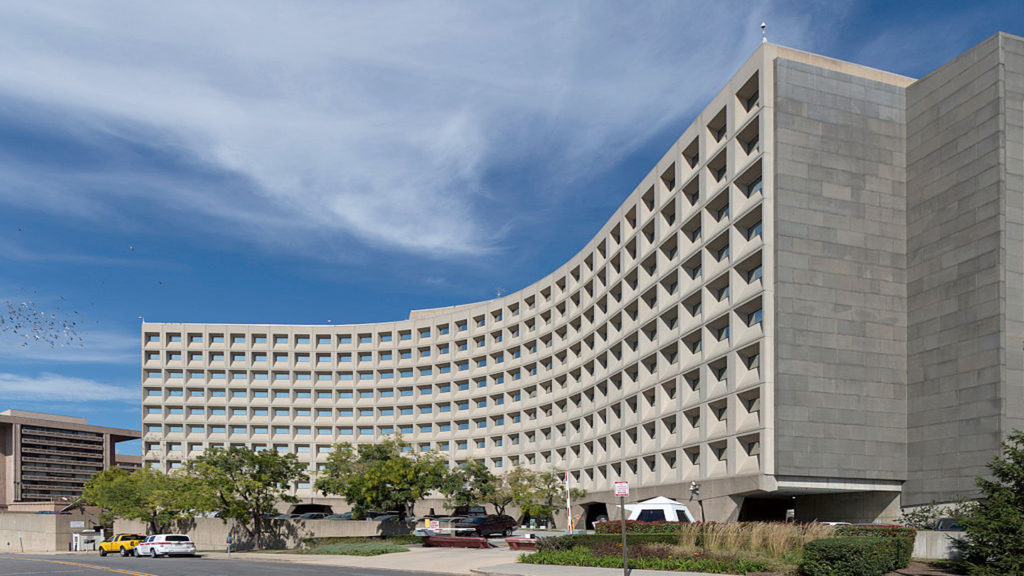
Sixteen federal affordable housing properties are on the receiving end of more $1.34 million in new loans and grants to implement energy efficiency and climate resilient upgrades.
Last week the Department of Housing and Urban Development announced the awards for providers participating in the agency’s Green and Resilient Retrofit Program for Section 202 Supportive Housing for the Elderly Program and other multifamily housing owners. The Leading Edge awards will be used to renovate the homes of 1,500 low-income households — including affordable senior housing units — to be zero energy and climate resilient.
Among the recipients are National Church Residences, which received $3.4 million for its Spring Valley Crossing community in Kalamazoo, MI; Greenspire LIHTC Apartments LLC, which received $3.8 million for its Greenspire Apartments in Stoughton, WI; and Corcoran Preservation Associates LP, which received $5.6 million for its Corcoran Place Apartments in Chicago. All will fund renovations to low-income senior apartments.
“Our affordable housing provider members understand that threats of climate change and natural disasters disproportionately impact low-income older adults living in affordable housing,” LeadingAge President and CEO Katie Smith Sloan said in a statement. “These funds will allow our members to make energy-saving renovations in order to cut energy waste down to zero, increase resilience to extreme weather events worsened by climate change, and lower costs for families.”
This is the second round of funding through the program, which will provide $800 million total in grant and loan subsidy funding to support up to $4 billion in loans. Established through the Inflation Reduction Act, the program provides money for direct loans and grants to fund projects that improve energy or water efficiency, enhance indoor air quality or sustainability, implement the use of zero-emission electricity generation, low-emission building materials or processes, energy storage, or building electrification strategies, or address climate resilience.
The program is “critical” to preserving the existing housing supply, according to LeadingAge Vice President of Housing and Aging Services Policy Linda Couch. The announcement, she added, is a “step in the right direction.”
“Providers are eager to make much-needed property upgrades that will help to ensure buildings operate efficiently,” Couch said in a statement. “As demand for more affordable homes for low-income older adults continues to grow, now more than ever we need to ensure that our nation’s affordable housing communities are supported.”
In the Leading Edge category, property owners are required to commit to achieving green certifications — including Phius REVIVE or LEEDv4 Gold or Platinum — that will lead to significant property upgrades. Those upgrades can include on-site solar, wind turbines, FORTIFIED-rated roofing, and other substantial energy efficiency and climate resilience improvements.
The other two funding option categories are Elements, which provides funding for proven and meaningful climate resilience and utility efficiency measures in projects already in the process of being recapitalized, and Comprehensive, which funds properties with the highest need for climate resilience and utility efficiency upgrades.
To date, HUD has awarded more than $121 million in grants and loans in the first two program funding waves. It is the first HUD program to invest in energy efficiency, renewable energy generation, climate resilience and low embodied carbon materials in HUD-assisted multifamily housing.
HUD plans to announce additional funding waves through May.


